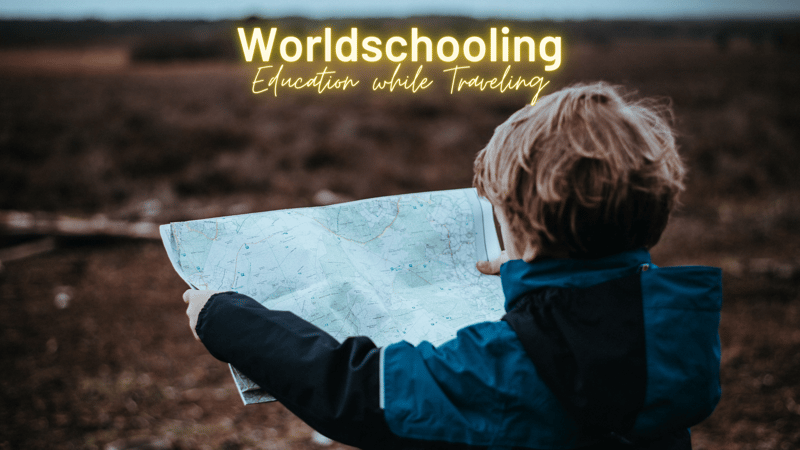
Have you encountered the term “worldschooling” recently and wondered what it's all about? Or perhaps you are researching what world schooling entails and how traveling families make it work? We will discuss this as well as the benefits (and potential challenges) of a child learning while traveling the world.
You may have heard more about this alternative form of education lately because the number of worldschooling families is increasing worldwide. While it has been slowly gaining traction for decades, like many things, the pandemic accelerated the growing trend. Now, parents realize they can work remotely and their children can study remotely. As a result, families who formerly put aside their desire to travel due to commitments keeping them homebound, are now able to to satisfy their wanderlust. For these very reasons, it served as a catalyst for Storylines (but more on that later).
Experiential Learning
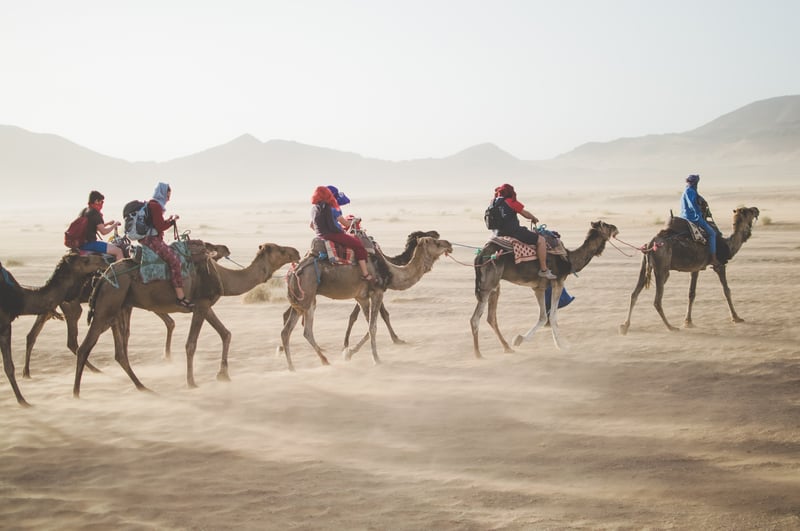
There are numerous methods of learning outside of the formal education system of traditional schooling:
Homeschooling. Unschooling. Alternative Education. Waldorf. Montessori. Democratic Education. Remote Learning. Project-Based Learning. Life Learning. Independent Study...
These educational styles and experiential opportunities can all be incorporated into a travel adventure education, or “worldschooling”. Studies prove time and time again that knowledge is retained the most when it’s experienced firsthand. There is much to be said for such alternative education philosophies.
Introducing children to a worldschooling lifestyle where they can visit things historic sites, conservation areas and local markets, and learn from their immediate surroundings enhances and solidifies their knowledge.
What is Worldschooling?
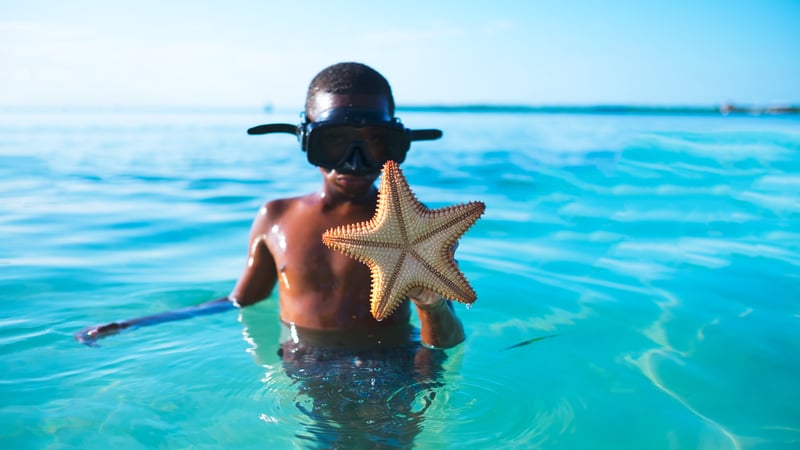
Worldschooling is a lifestyle and an educational model. Families utilize a combination of alternative education methods (eclectic homeschooling) with world travel being the basis and most important part of the child’s education. The idea is that children learn about the world around them, explore different cultures and discover new interests.
For worldschooling families, the child’s education is relevant to the places they visit so they can gain a deeper understanding of world culture. Experiential learning doesn’t usually separate or categorize learning into ‘subject’, but learning about languages, history, geography, world religions and the sciences occurs naturally when traveling and experiencing the world firsthand. Moreover, experiencing the wider world helps children understand the importance of sustainable travel and giving back to humanitarian causes.
As the Backpacking Family so aptly puts it;
“Education is an adventure and the world is an education.”
Worldschooling students experience firsthand how people live in other places and they become tolerant of different cultures; an essential step toward building a peaceful world. They have a unique perspective of the world, contribute to meaningful discussions and they have big ideas (all of which are very intriguing and valuable assets for college admissions).
Examples of Worldschooling
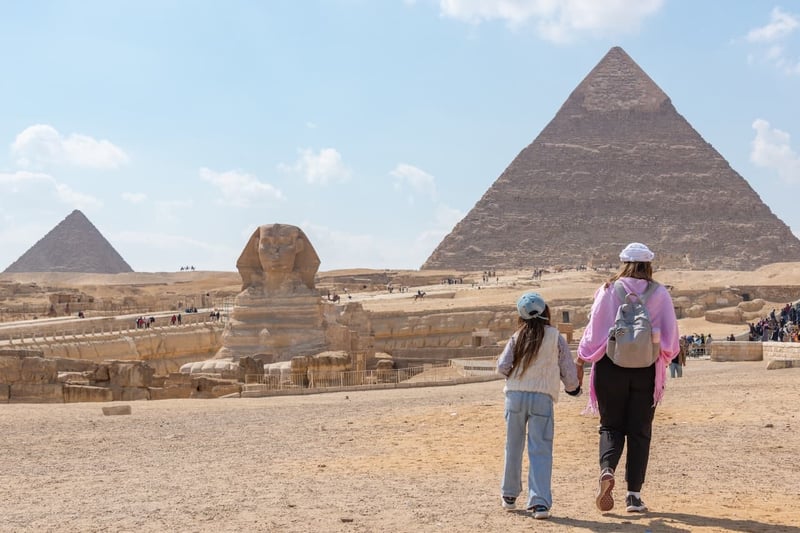
Geographically specific areas of studies for worldschooling families may include:
- Mediterranean Sea - Renaissance art history and architecture
- United Kingdom - literature, theater and the history of the monarchy
- Caribbean Sea - visits to sugar plantations to learn about the history of slavery, explorations of diverse underwater ecosystems, and participation in marine biology projects
- Africa - land safaris to see animals in their natural habitats
- Amazon Rainforest - hands-on learning in botany and conservation sciences
- Egypt - ancient history and civilizations
- Asia - Himalayan mountain range, temples, and the giant panda sanctuary
- Middle East - theology and archaeology
- Russia - Bolshoi ballet, authors such as Tolstoy and Chekhov, and the history of the Iron Curtain
- Austria - music history including Mozart and other composers
- Washington DC - democracy and American history
- Worldwide - language immersion
Living History Museums
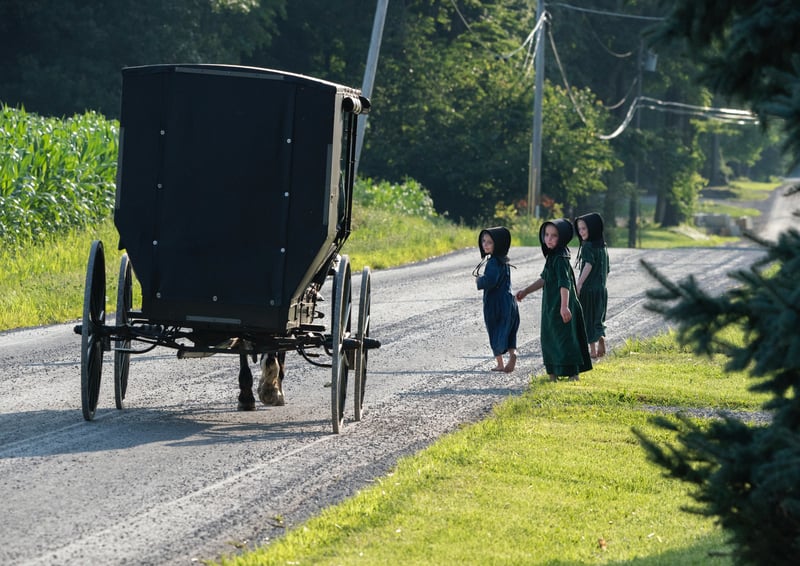
Real-world learner experiences are what sticks in students’ minds for the long term. Studying historical dates can be boring, but a holistic approach, such as attending a living history reenactment at Gettysburg, the Mayflower, or Shakespeare’s Globe Theatre, makes the past come alive in a student’s eyes.
Many of the best destinations feature living history museums where children learn about the location’s history and culture. Watching actors reenact a certain period with the proper historical attire and language in a social learning environment is much more likely to create lasting memories than from a textbook.
The Role of Homeschooling
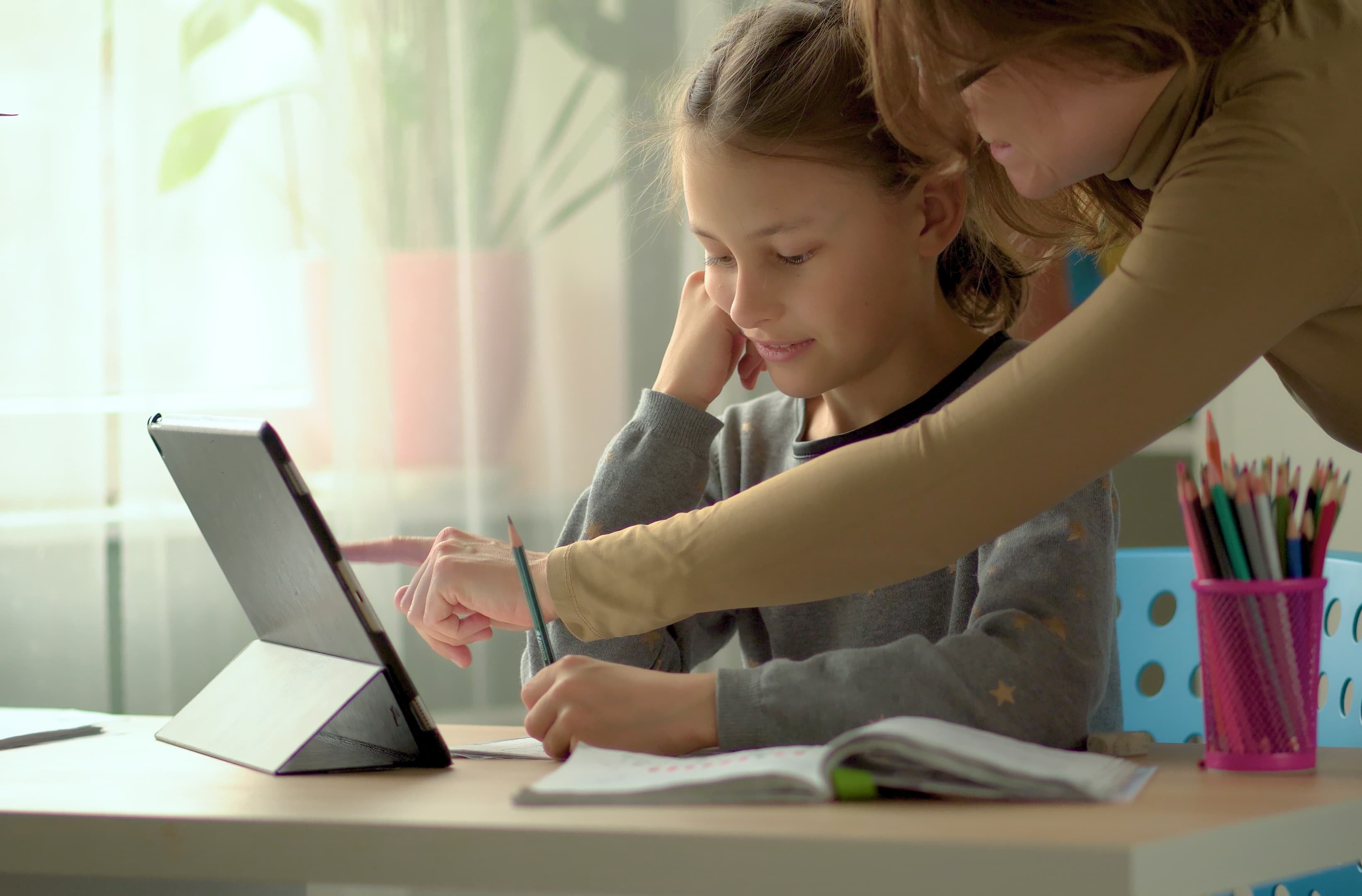
Worldschooling and homeschooling are very similar in that the parents are usually the primary educators A primary benefit of this is the attention students get when receiving one-to-one education, which enables parents to better recognize and explore their children’s talents.
World schooling and home schooling methods also differ from the traditional approach by offering more flexibility in which curriculum you choose for your child’s education at any given time., some worldschooling families even choose not to set a predefined curriculum at all, and instead design one around their own interests. While it’s worth checking your country’s homeschool laws, as a parent, you can generally set the pace, which often moves faster than traditional schooling.
World schooling Curriculum Programs
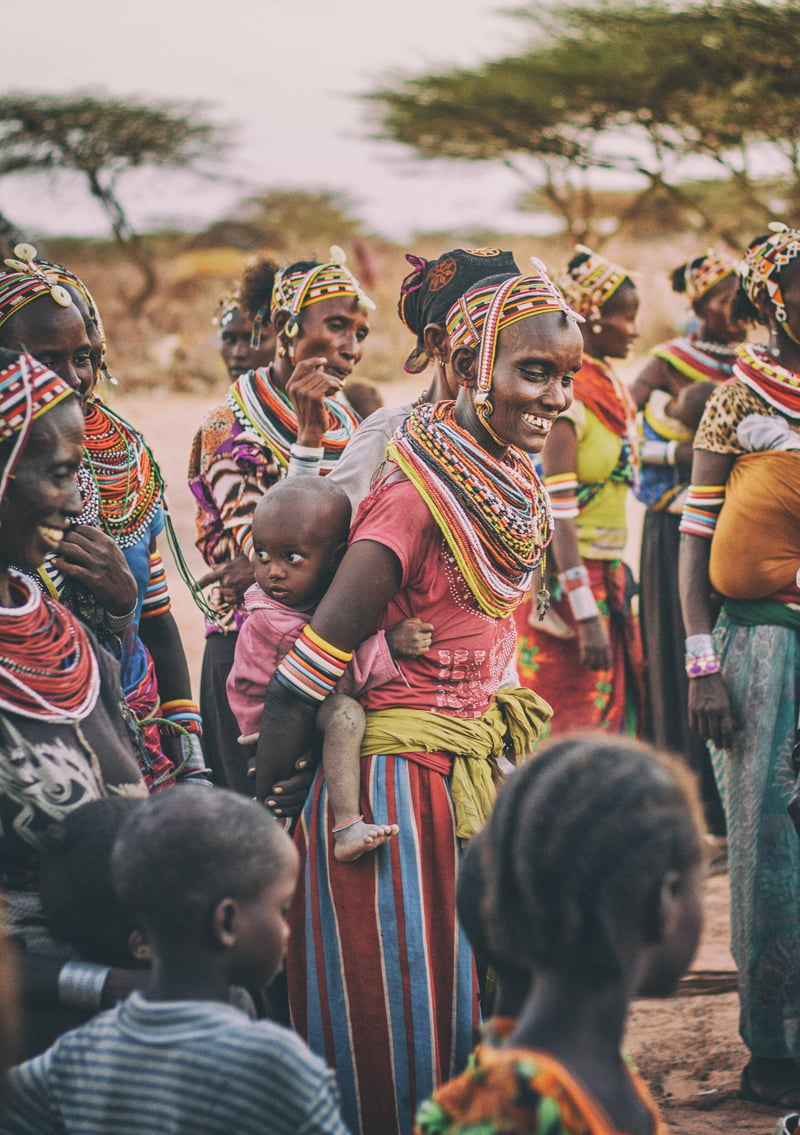
Many of those in the worldschooling community who elect a travel adventure education skip formal academics in the primary or elementary years and focus on experiential learning. In the middle grades, students often begin taking virtual classes they can complete from anywhere in the world, such as those offered through Outschool or Next Level Homeschool.
Throughout the teen years, some families opt for an online program such as Williamsburg learning. In contrast, many homeschool curriculum companies participate in a dual enrollment program to earn credits that apply to their high school diploma and college transfer prerequisites. There are plenty of resources out there, including world schooling curriculum textbooks.
Twinkl offers a list of relevant printable resources for world schooling which include lesson plans, worksheets, flashcards, posters and interactive activities designed to support learning about different countries, cultures, geography and related topics. These resources are often categorized based on various educational levels, such as early years, primary and secondary. They are created by a team of educators and experts and are aligned with different curricula, including national and international standards. Some examples include the Food Around the World Posters, Capitals and Countries of Asia Activity, Food Around the World I Spy Activity, Google slides and PowerPoints about various countries and so much more found here.
Challenges of Worldschooling
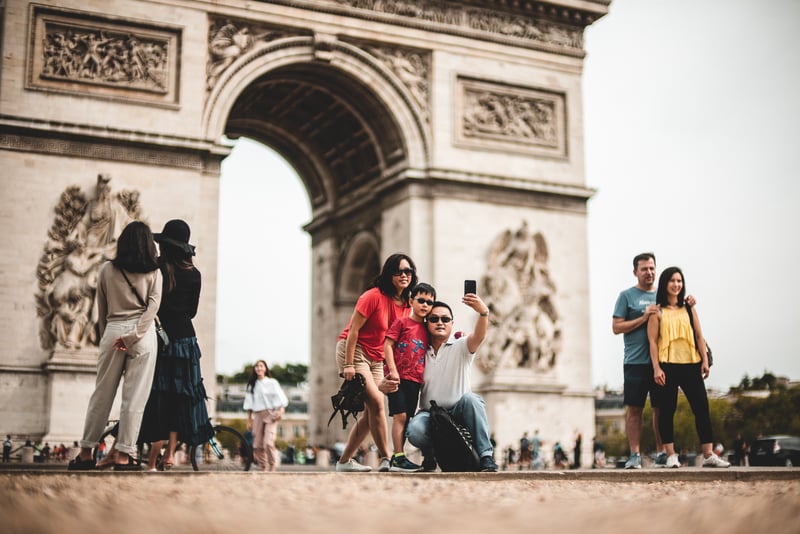
One of the main challenges for a world-schooling family is travel logistics. While navigating airports, flights, accommodations and other travel-related headaches can be stressful for a solo traveler, a family takes it to a new level. Leaving your comfort zone and regular work and school routines can be anxiety-inducing. As such, making your world schooling journey as smooth as possible is essential.
Thankfully, Storylines has created the perfect solution.
A Ship and Lifestyle Built for the Worldschooling Family
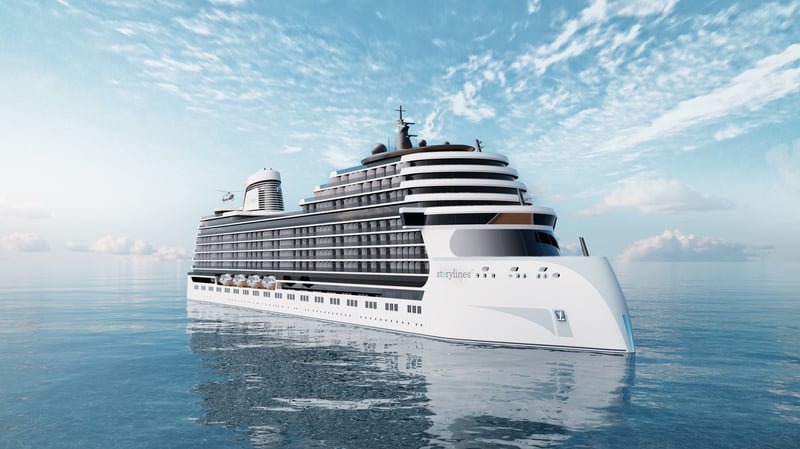
As briefly mentioned above, Storylines was founded for people like yourself who have put off lifelong dreams of global travel for work, family and other commitments. Our ship, the MV Narrative, is designed for living, working and learning while traveling the world from the comfort of home. (Think of it as a floating town with its own homes, business center, school, library, grocery store and other amenities essential for living.)
Circumnavigating the globe in your private Storylines residence is an excellent way to incorporate a world school education, giving each of your children the ability to study in the proper context. Furthermore, your children’s educational journey will be supported by a ‘village’ of mentors and teachers along with access to lectures, projects, classes and a community of friends who are worldschoolers just like them.
Educational and Recreational Facilities
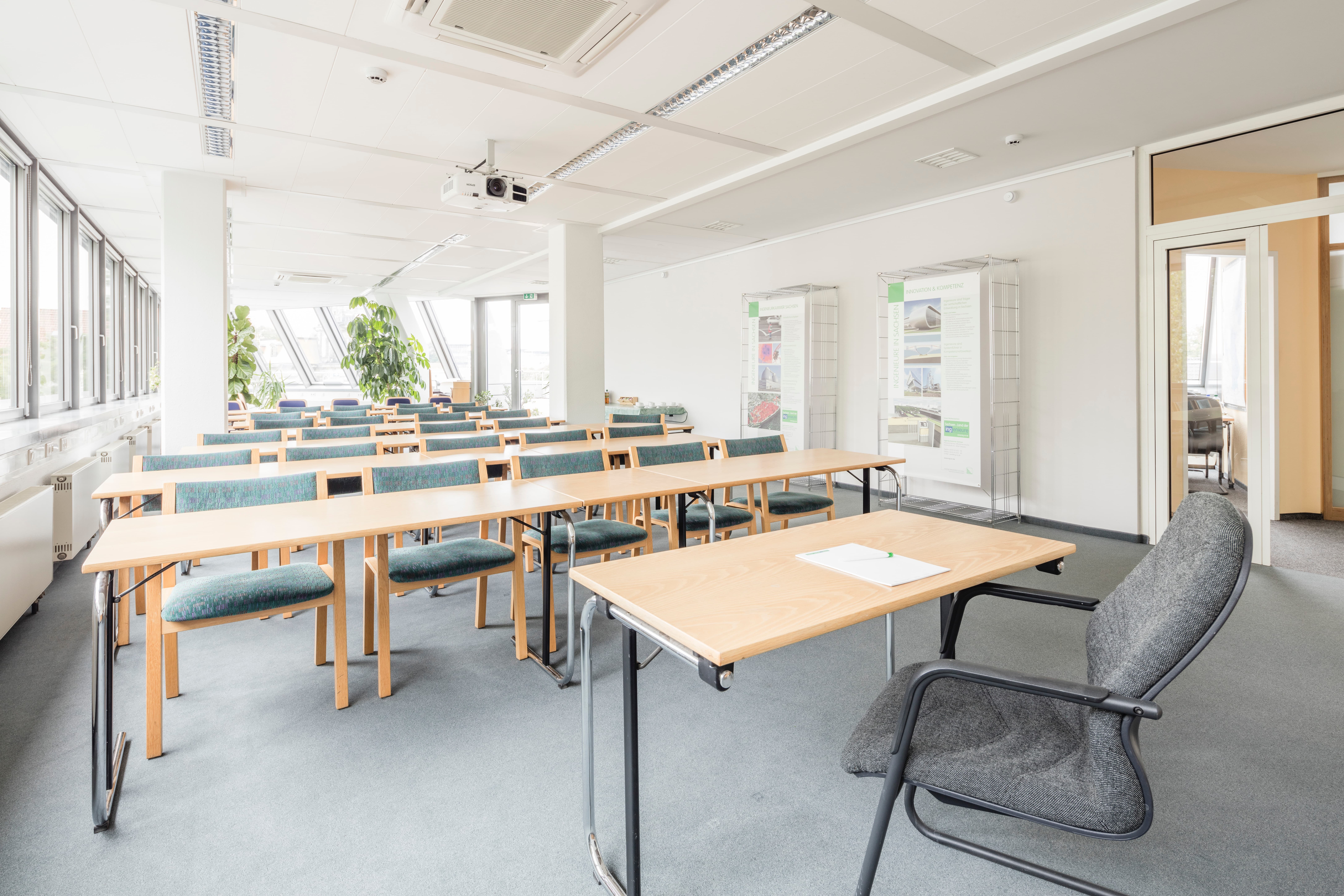
All students will have access to the 10,000-book library, high-speed internet for eLearning, and sports and recreational equipment such as snorkel gear for marine biology classes under the sea! Shore excursions will bring your children’s education to life — instead of reading about the Pyramids of Giza in a book, they’ll learn about them while standing inside the King’s Chamber!
Students also learn about being responsible and compassionate citizens of the world through our residents’ support of local communities via various humanitarian efforts and by living a daily life of sustainable travel on the world’s first environmentally-friendly residential ship.
Occasional World Travel
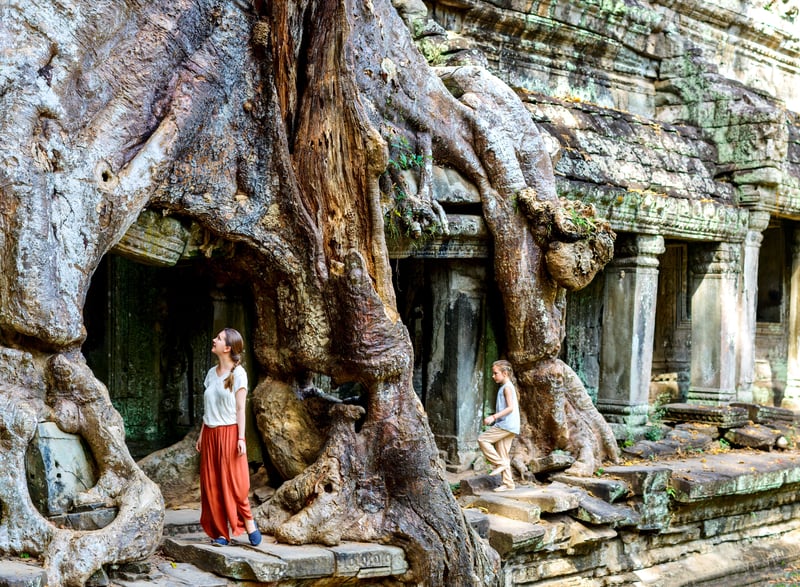
About Storylines
Storylines is a luxury lifestyle ship with a like-minded community of globally-conscious citizens traveling the world. We seek unique experiences, cultural events, and humanitarian endeavors while practicing and promoting sustainable travel. To learn more about how we can support your dreams of creating the ultimate globe-trotting lifestyle for you and your family, view our website.


